News 1130: Don’t be tempted to garden early
By Jacqueline Chan on March 15, 2021
Don’t be tempted to garden early
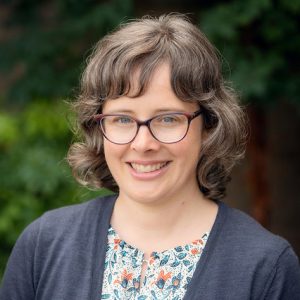
News Source: News 1130
March 11, 2021
“All the organic junk in your garden is still useful for the bees.” – David Zura
Dr. Risa Sargent, a professor at UBC’s Faculty of Land and Food Systems, was recently interviewed about bees and gardening. She explains the rationale behind why it is not necessarily good to begin planting too soon.
Read More | No Comments
By Jacqueline Chan on March 12, 2021
It’s our 20th anniversary!
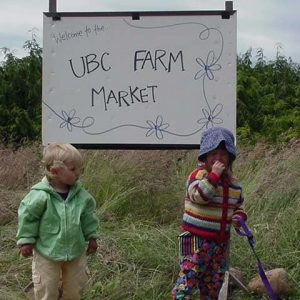
Our first UBC Farm Market in 2001
It’s happening: we have reached our 20th anniversary here at the UBC Farm, and it’s also been 10 years since the creation of the Centre for Sustainable Food Systems! 🎉
As can be seen from our past photos, a lot has changed since then – see our History page for more info on our story and how we’ve evolved throughout the years.
Virtual celebrations launch on April 21st of 2021, and continue throughout the growing season. Stay tuned to our website and social media channels (Facebook, Twitter, and Instagram) for upcoming events and be sure to join us online!
-
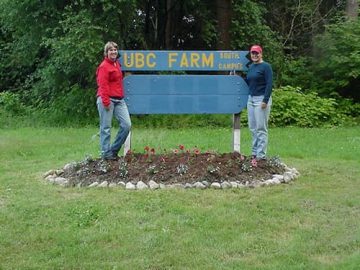
-
UBC Farm in 2001
-
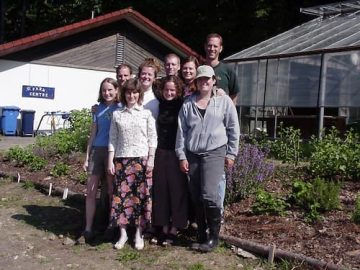
-
UBC Farm team in 2003
-
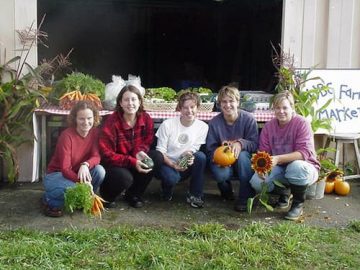
-
UBC Farm Market in 2004
-
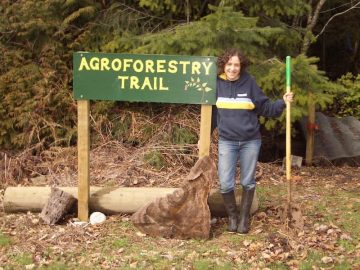
-
Yona Sipos in 2004
Read More | No Comments
By Jacqueline Chan on March 10, 2021
Consumers more likely to buy ‘ugly’ produce labelled ‘ugly’
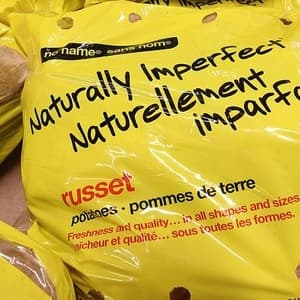
News Source: Vancouver Sun, The Province, and CKNW
March 9, 2021
“When it comes to selling “ugly” produce, don’t beat around the bush.” – Siddhanth Mookerjee
Based on research conducted at the UBC Farm, a new Sauder study found that consumers are more likely to buy unattractive fruits and vegetables when they are labelled “ugly”. Study authors Siddhanth Mookerjee, a PhD student, Dr. Yann Cornil and Dr. JoAndrea Hoegg were interviewed.
Curious about why exactly people are more tempted to purchase food when it is classified as “ugly”? You’ve come to the right place, because there’s an article written just for that here by Vancouver Is Awesome!
Read More | No Comments
By Jacqueline Chan on March 8, 2021
Community-run food hubs and better food security
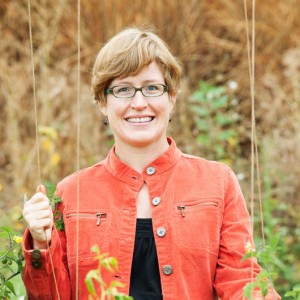
News Source: The Star, Yahoo
March 2, 2021
“About two-thirds of B.C.’s food is imported, according to a 2020 report commissioned by Metro Vancouver. Most will have gone through some degree of processing facility that transforms raw ingredients into everything from canned beans to cuts of beef.” – Marc Fawcett-Atkinson
Dr. Hannah Wittman, CSFS Associate and professor at LFS and IRES, was quoted about how B.C. has lost dozens of processors in recent decades as consolidation and trade deals have encouraged companies to centralize processing in low-wage locations.
Check out the original article at The Star or Yahoo.
Read More | No Comments
By Jacqueline Chan on March 3, 2021
Generating a more holistic understanding of the risks of pandemics
Keynote Webinar with Dr. Ivette Perfecto
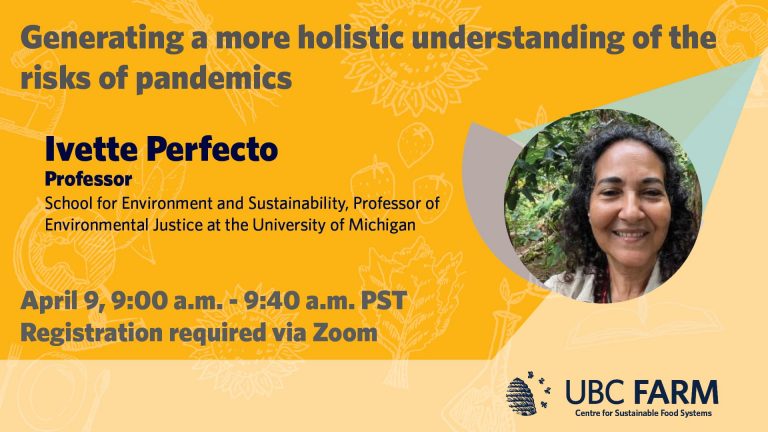
On Friday, April 9th from 9:00 a.m. to 9:40 a.m. PST, join Dr. Ivette Perfecto as she discusses the importance of integrating ecological, social, and political factors for generating a more holistic understanding of the risks of pandemics.
This will be framed in the context of the Pandemic Research for the People, a working group of the Agroecology and Rural Economics Research Corps. This working group consists of academics, farmers, activists, who collectively take action to develop a critical analysis as well as agroecological alternatives to achieve healthy landscapes for the environment and for the people.
This webinar is free with registration. Can’t attend the event live? Not a problem! This session will be recorded – register to receive the recording link.
Hosted by Diversified Agroecosystem Research Cluster and the Centre for Sustainable Food Systems
The Diversified Agroecosystem Research Cluster is developing novel approaches to assess linked social and ecological outcomes of diversified agroecosystems. Uniquely positioned as a research excellence cluster based at the University of British Columbia’s Centre for Sustainable Food Systems, cluster team members use ecological, social, economic and systems analysis perspectives to improve soil and water quality, minimize nutrient losses, protect biodiversity, and support climate resilience and food sovereignty.
If you have any questions or concerns regarding registration, please contact Jessica Latus.
Read More | No Comments
By Jacqueline Chan on March 1, 2021
Diversified Agroecosystems Cluster is renewed
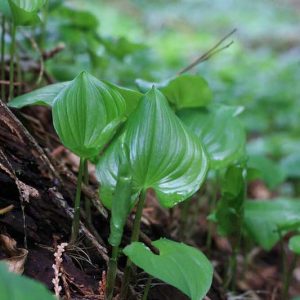
The Diversified Agroecosystems Cluster has been renewed for the next 2 years. This is a major UBC grant hosted at the CSFS and is a collaboration with researchers across North America.
More about the Cluster
Over the last three years, the UBC
Research Excellence Cluster on Diversified Agroecosystems, convened by
the Centre for Sustainable Food Systems at UBC Farm, has built a global network of researchers and
farming organizations that are documenting, synthesizing, translating and transforming practices for
sustainable and resilient food systems. We have developed, tested and continue to generate novel
methods to foster agroecological transitions in global agriculture across diverse cultures, geographies, and
economies. We have integrated diverse ways of knowing to stimulate evidence-based decision-making at
scales from households to global policy networks.
We have piloted an innovative farm-scale digital
platform (LiteFarm) that benefits farmers while catalyzing socio-ecological research innovation. We will use
the next 2 years to launch this platform globally while also pursuing an exciting research framework to
envision and implement a 100-year research experiment at UBC Farm. These key capstone deliverables for
the Cluster will ensure that the synergistic research that the GCRC galvanized will persist and evolve with
the UBC Farm serving as a global leader for diversified agriculture for decades to come.

Read More | No Comments
By Jacqueline Chan on February 26, 2021
Meet Kip, the three-legged coyote living at UBC
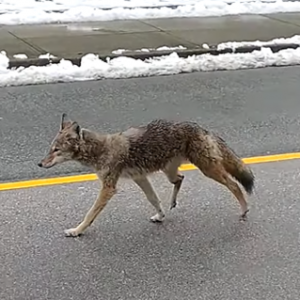
News Source: CTV, Vancouver is Awesome
February 24, 2021
“No, the tri-yote doesn’t need help.” – Brendan Kergin
News outlets featured a coyote spotted on UBC’s Vancouver campus and spoke with Dr. Kristen Walker, CSFS Associate and professor in UBC’s Faculty of Land and Food Systems.
Read More | No Comments
By Jacqueline Chan on February 26, 2021
Meet a young agrologist helping organic farmers with their green production goals
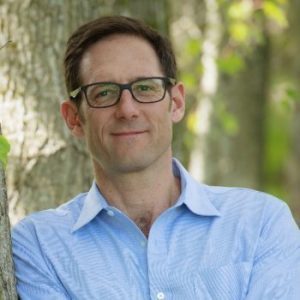
News Source: The Star
January 13, 2021
“We all learned how to recycle because of school campaigns. We then took that information home. We have a large school population, and food security education can help shape those minds.” – Amy Norgaard
The Star featured Amy Norgaard, an agrologist who works at CSFS Associate Dr. Sean Smukler’s lab (the Sustainable Agricultural Landscapes Lab at UBC). She talks about her work in teaching about sustainable soil management and assessing greenhouse gas emissions from agriculture.
Read More | No Comments
By Jacqueline Chan on February 25, 2021
Increased COVID-19 variant severity not enough evidence for B.C. authorities
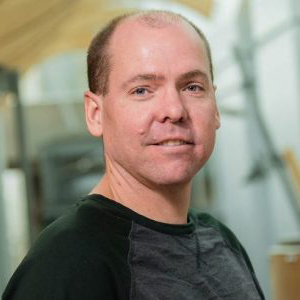
News Source: Vancouver Sun, The Province
February 24, 2021
“Epidemiologists prefer studies of tens of thousands of cases and months of observation.” – Dr. Leonard Foster
Dr. Leonard Foster, CSFS Associate and head of UBC’s department of biochemistry and molecular biology, says that while there hasn’t been enough time to build strong data on variants, it can still be useful to be aware of the hints contained in early research.
Read More | No Comments
By Jacqueline Chan on February 23, 2021
Biodiversity Research Photo Competition Results
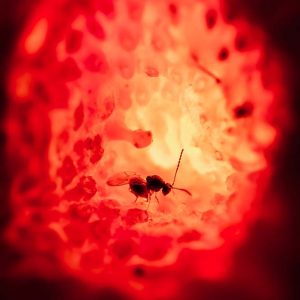
Warren Wong, a PhD student in Dr. Juli Carrillo’s lab and CSFS student member, won the BRC Photo Competition’s Community Choice Award. His photograph is of a parasitoid (spotted wing drosophila) inside a raspberry.
The image is shown to the left of this text, as well as in this link for better resolution. Congratulations, Warren!
Read More | No Comments














